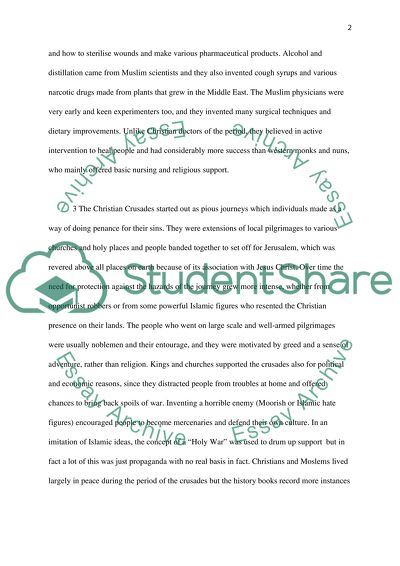Cite this document
(“The Islamic Empire Essay Example | Topics and Well Written Essays - 1000 words - 2”, n.d.)
The Islamic Empire Essay Example | Topics and Well Written Essays - 1000 words - 2. Retrieved from https://studentshare.org/history/1574439-essay-questions
The Islamic Empire Essay Example | Topics and Well Written Essays - 1000 words - 2. Retrieved from https://studentshare.org/history/1574439-essay-questions
(The Islamic Empire Essay Example | Topics and Well Written Essays - 1000 Words - 2)
The Islamic Empire Essay Example | Topics and Well Written Essays - 1000 Words - 2. https://studentshare.org/history/1574439-essay-questions.
The Islamic Empire Essay Example | Topics and Well Written Essays - 1000 Words - 2. https://studentshare.org/history/1574439-essay-questions.
“The Islamic Empire Essay Example | Topics and Well Written Essays - 1000 Words - 2”, n.d. https://studentshare.org/history/1574439-essay-questions.


